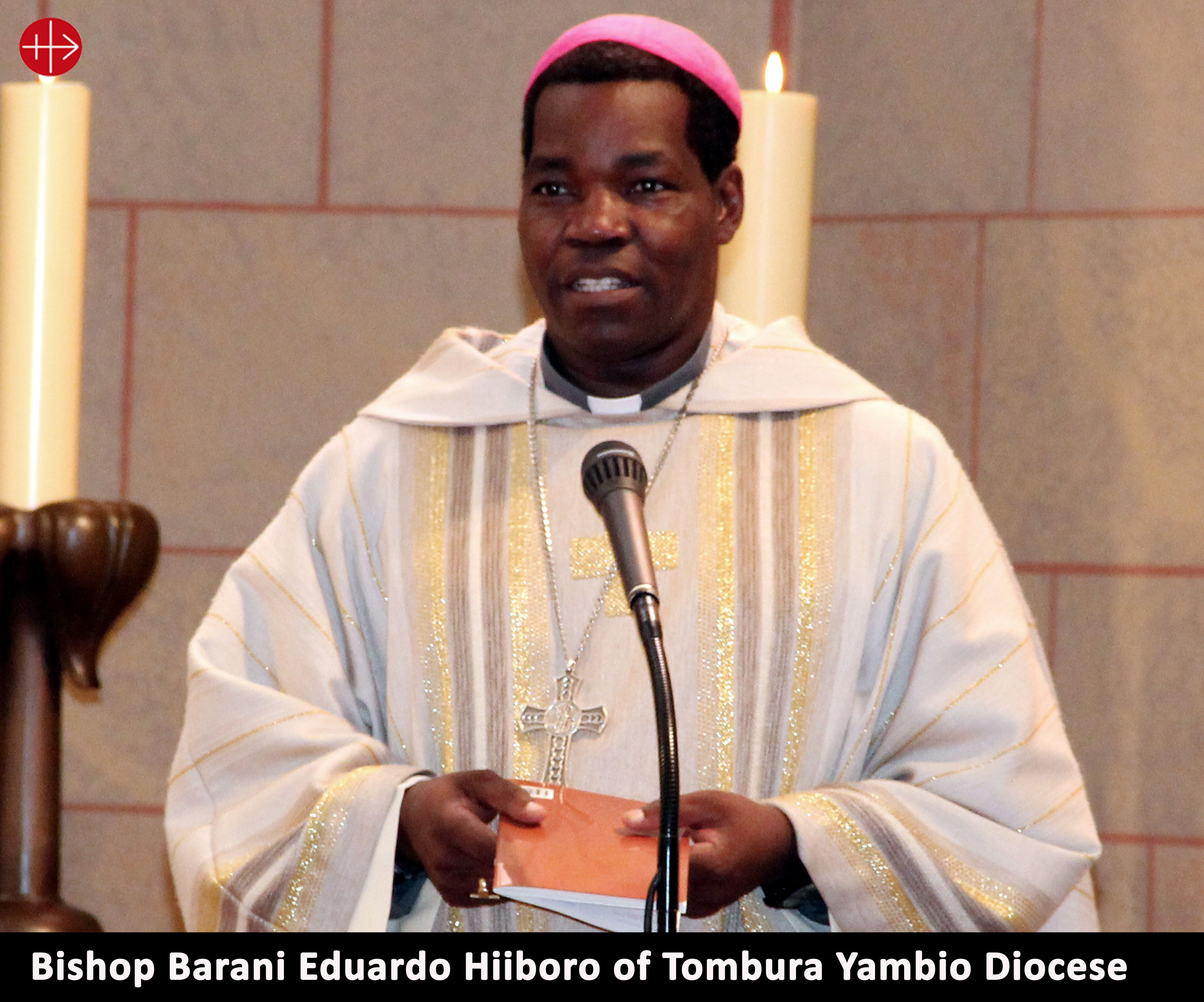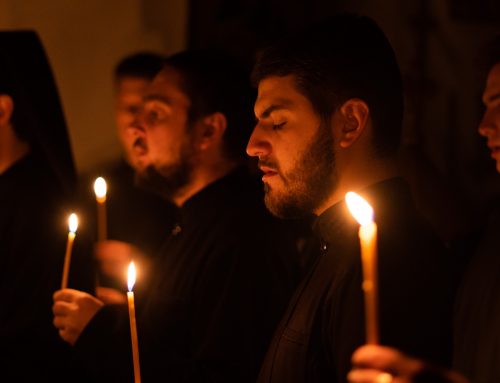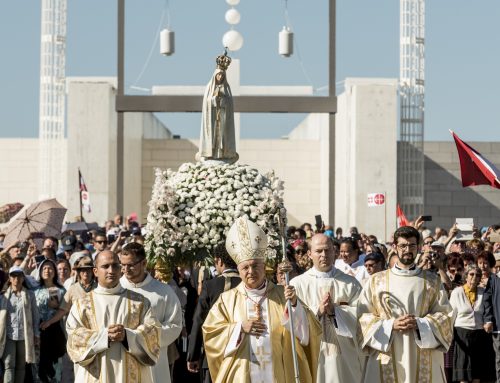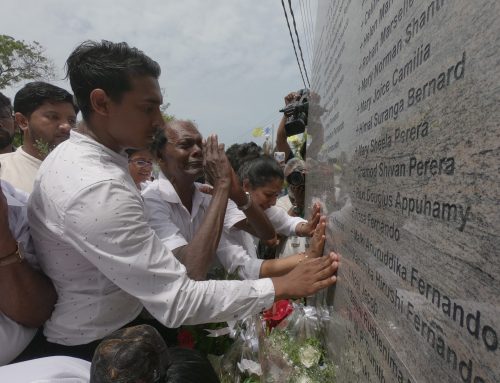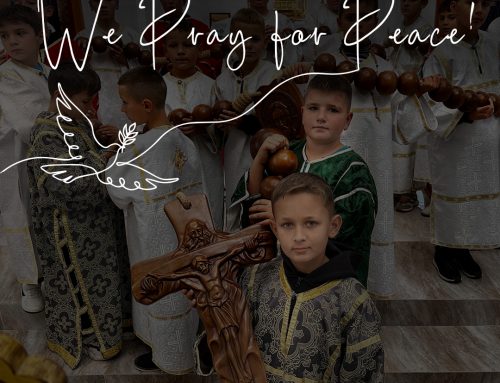SOUTH SUDAN – “The Church is the only functioning institution”
A United Nations report released In March said South Sudan is experiencing ethnic cleansing by mostly government forces and described the country as teetering on the edge of genocide. Nothing has changed since then and the situation continues to deteriorate as the country descends into chaos.
UK International Development Secretary Priti Patel agrees that the situation in South Sudan is now genocide that is being perpetrated along tribal lines. Following her visit to South Sudan, she stated that there is a “scorched earth policy,” with villages being burned down, women being raped, and food being used as a weapon of war. Ms Patel spoke of “massacres taking place, people’s throats being slit” and described the situation in South Sudan as “absolutely abhorrent and inhumane.”
Because of the conflict and the “scorched earth” policies of government troops, food production is restricted said Neil Corkery, president of the Sudan Relief Fund. In the Diocese of Tombura-Yambio, in the south western portion of the country which is a very fertile area and was once a bread basket for the country, people are now in hiding, or taking refuge in the parish compound, and unable to plant crops. “Things are obviously just getting much worse. It is a real crisis that’s coming,” Corkery warned.
Amid war and famine in South Sudan, the Catholic Church continues to serve the most vulnerable even as the government has collapsed. The Church is the “only functioning institution in civil society,” said Neil Corkery, president of the Sudan Relief Fund, and “is really the only thing that’s left trying to help people” who live “in the remotest parts of the country.” United Nations humanitarian workers now only operate in “certain pockets” of the country. Amid this crisis and growing famine, Catholic priests, nuns, and missionaries have been laboring to bring food and supplies to remote areas and are “reaching these people who are truly destitute and starving.” It is not an easy task. Aside from the ongoing conflict where soldiers seize food and supplies that being transported, the country’s logistical infrastructure is so poor there are no paved roads outside the capital city of Juba. During the country’s rainy season, the roads are almost impassable.
These brave missionaries are risking their lives to help the people. Several aid workers with Samaritan’s Purse were detained or kidnapped by opposition fighters near Mayendit on 13 March and are still missing. “The real heroes that I see there,” Corkery said are the “missionaries toiling away on the front lines. These people are looking at the long-term solution in terms of the eternal scheme of things, people’s souls.”
Yet the South Sudan government is now making things even harder for them; last month it announced plans to charge $10,000 per visa for foreign aid workers. “The government and the army have largely contributed to the humanitarian situation. And now, they want to create profit from the crisis they have created,” Elizabeth Deng, South Sudan researcher with Amnesty International, said in reaction to the announcement.
South Sudan’s bishops have spoken out against the violence accusing soldiers of committing war crimes and saying that the fighting has interrupted the harvesting of crops. “Despite our calls to all parties, factions, and individuals to STOP THE WAR, nevertheless killing, raping, looting, displacement, attacks on churches and destruction of property continue all across the country,” the bishops of South Sudan stated in their February pastoral message. “Much of the violence,” they added, “is being perpetrated by government and opposition forces against civilians,” especially those of ethnicities deemed to be in alliance with rebel factions and those victims “are prevented from harvesting their crops.” Some members of the government have frustrated local peace deals brokered by the Church, the bishops said, and churches, priests, and nuns have been attacked.
Despite the heroic efforts of missionaries and Christian aid groups like Aid to the Church In Need, the Sudan Relief Fund and Samaritan’s Purse, establishing long-term peace is the only lasting solution to the country’s problems. Prayer is the most important thing we can do to help the situation says Corkery, as peace can only come about through “prayer and grace working in the hearts and the minds of these warring tribes and factions.”
Please pray for the people of South Sudan and the missionaries and aid workers who risk everything to help them.

